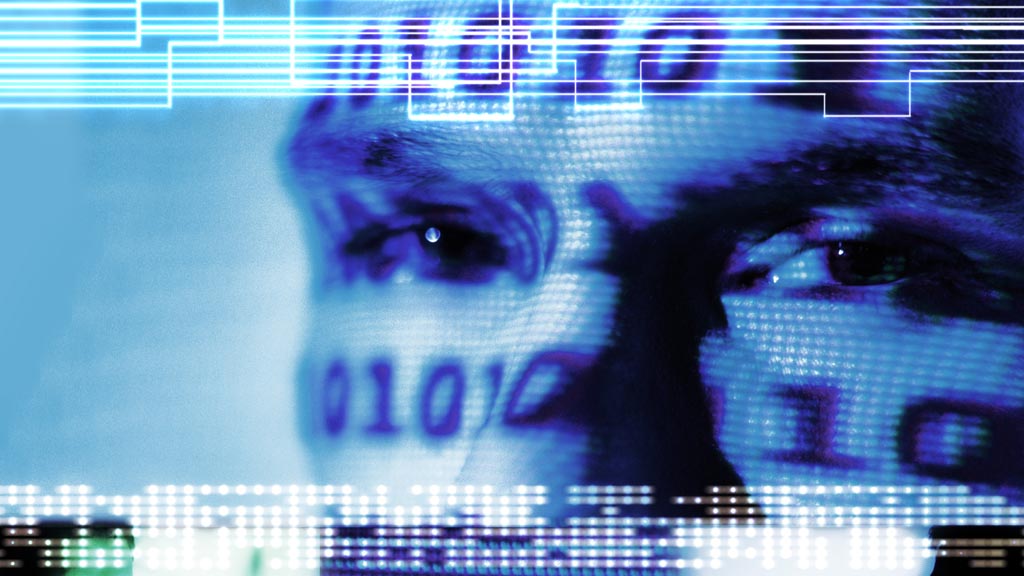Is Waze the biggest social network you have never heard of?
Waze has been described as a Facebook for drivers. Channel 4 News Technology Correspondent Benjamin Cohen looks at its potential to revolutionise driving and news coverage.
Waze is probably the biggest social network you’ve never heard of, but you will do soon. It’s a social satellite navigation system that has revolutionised the way that millions of Israelis drive everyday.
It’s a hard application to describe because it has so many uses but its founders sometimes say it’s a bit like a Facebook for drivers. It’s based on a mobile app that runs on iPhone, iPad, Android, Nokia, Windows Phone and Blackberry.
Back to the beginning. Smart phones have revolutionised the way that many of us live our lives, the internet is always in our pocket and the ability to receive GPS (global positioning system) signals means that our mobiles always know exactly where they are and can transmit their location to third parties via the internet.
Waze started as a new type of map, one that started with a blank sheet of paper. All of the roads that are mapped on it are as a result of its users driving around beaming back their GPS position to Waze’s servers. Then like Wikipedia, volunteer editors (there are thousands of them) can edit the maps and add things like road names as well as changes to road layouts.
Watch Benjamin Cohen's report: Is Waze the next big social network?
Then because Waze knows how fast cars should be driving down a road at a particular time, it is able to display that there is congestion in an area. In addition Wazers (as its users are nicknamed) are able to flag up incidents such as road closures, animals in the road, accidents and police speed checks.
There’s a slight game mechanic to Waze, users earn points for flagging up accidents and for how far they’ve driven. Users can even chat to other users nearby, although one hopes that’s something that passengers use rather than the driver!
It’s massively popular in Israel (where it was invented) but also in Italy and Malaysia. It now has complete maps for London with other cities in the UK bound to be generated soon.

Citizen journalists
While I was in Tel Aviv last week, Channel 2 News, one of the biggest national news programmes, soft-launched a system called Wazer2. It allows Waze users to opt-in to become citizen journalists, as Elad Simhaioff, the programme’s presenter explained “to be our eyes and ears”.
Their system works like this; An incident, perhaps a bombing, a car crash, a fire or a big traffic accident has occurred somewhere where Channel 2 don’t have a nearby reporter or cameraman. The journalists in the newsroom can see where all of their users are over the country and can spot the ones who are near to the incident. The journalists can then phone them and ask if they’re willing to send back photos or videos of the scene and maybe speak live on the programme.
Read more: Benjamin Cohen on technology
This has meant that within a week Channel 2 News has gone from 50 reporters to 2000 and is expecting to recruit many tens of thousands once a full on publicity backed launch takes place.
Waze has revolutionised Israel and looks set to do so in the UK should it gain critical mass. Even without the traffic data, the satellite navigation system is one of the best free versions I’ve used on the iPhone and iPad and so it has a lot of potential to grow in the UK and potentially change the way we drive forever.
More on technology
-

Will Facebook facial recognition tool invade our privacy?
09 June 2011
-

Hacked security giant offers to replace 40m key fobs
07 June 2011
-

Sony networks hacked again
03 June 2011


